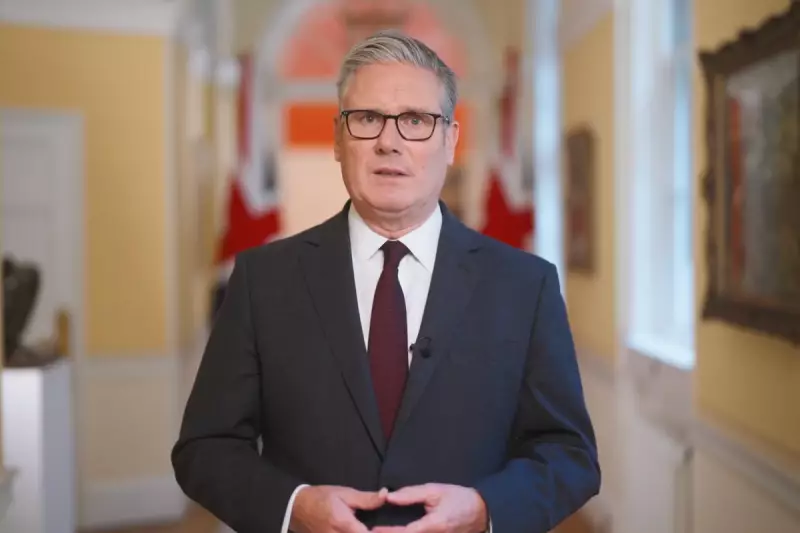
Prime Minister Keir Starmer is facing a significant political storm after dramatically U-turning on a key foreign policy commitment to recognise Palestinian statehood. The move, which represents a stark departure from pre-election assurances, has drawn fierce criticism from within his own party and from pro-Palestinian advocates.
The controversy erupted during Prime Minister's Questions, where Starmer asserted that recognition of a Palestinian state would only be considered as part of a "long-term process" and a "balanced and concerted peace process" in the region. This stance directly contradicts the Labour Party's pre-election position, which had positioned recognition as a decisive tool for peace rather than a distant outcome.
A Broken Promise?
Shadow ministers had previously championed statehood recognition as a central pillar of the UK's potential role as an "honest broker" in the Middle East. The sudden shift has left many questioning the government's consistency and commitment to its pre-election manifesto.
Criticism has been swift and sharp. Former Shadow Chancellor John McDonnell lambasted the move, accusing the government of reneging on its promises. Pro-Palestinian groups have expressed profound disappointment, suggesting the Prime Minister is prioritising diplomatic caution over moral leadership.
The Government's Defence
In defence of the new position, Foreign Secretary David Lammy argued that the UK must work in lockstep with its international allies. He emphasised a coordinated approach with European and G7 partners, framing recognition not as a unilateral tool but as a final reward for successful peace negotiations.
This alignment with the US and Israeli stance places the UK firmly in the camp that views statehood as the end goal of a process, rather than a catalyst for it. The government now insists that the two-state solution must be achieved through negotiations between the two parties, a process that has repeatedly stalled for decades.
What Happens Next?
The reversal leaves the UK's Middle East policy in a state of ambiguity and raises serious questions about the new government's approach to international diplomacy. As the humanitarian situation in Gaza worsens, pressure is mounting on Starmer to articulate a clearer, more proactive strategy.
This episode serves as an early test of the Prime Minister's leadership on the world stage, signalling a potentially more cautious and conventional foreign policy than many of his supporters had anticipated.





